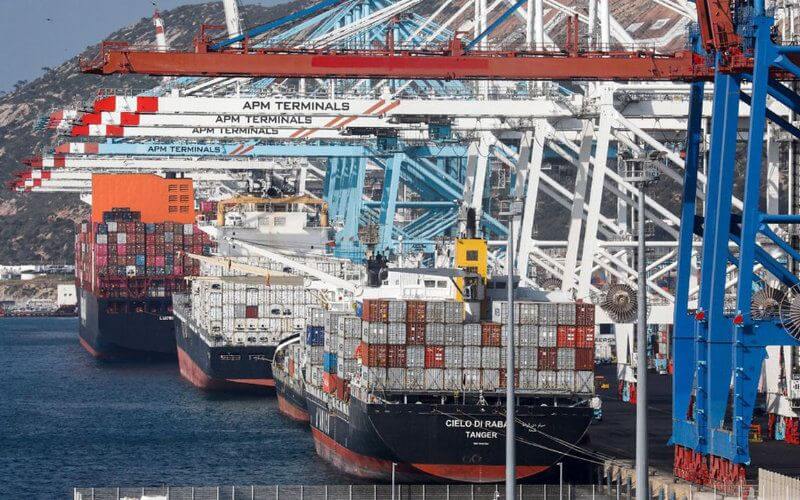Morocco Unveils Three-Pronged Plan to Boost Economy and Build ’Social State’

Economic recovery and the imperative to build a "social state" are imposing themselves on the kingdom, severely shaken by the health crisis due to the Covid-19 pandemic, like several other countries in the world. To meet these challenges that require significant resources, economist Yasser Tamsamani has identified new financing channels.
In an interview with MAP, Yasser Tamsamani lists three proposals likely to really finance the recovery and economic development in Morocco. These policies, argues this doctor in economics from the University of Paris 1 Panthéon-Sorbonne, must emerge from "politically responsible and socially acceptable circuits due to their potential redistributive effects and must also escape the laws of the financial market and at the same time allow to (indirectly) discipline the banking system by encouraging it to get more involved in the development of the country".
According to Yasser Tamsamani, who teaches at the Faculty of Legal, Economic and Social Sciences of the University Hassan II of Casablanca, "In addition to the measures that the government can take in the very short term without requiring a complete overhaul of the current framework for financing the economy, these three new avenues for financing the needs of society and the economy seem promising".
First, the academic proposes that the State take charge of part of the financing of the economy by creating its own investment bank to, he argues, "finance projects that meet a double criterion of economic viability and social utility". Since the financing of the economy and its development is a matter of general interest, this new public investment bank will be dedicated to the financing of "useful investment", Tamsamani emphasizes. In its operation, this bank must not only respect international governance practices in this area and equip itself in particular with control and advisory bodies commensurate with its mission, but also stand out from the logic of commercial banks which behave like financialized private companies in constant search of a rise in dividends to be returned to shareholders.
In the second analysis, Yasser Tamsamani mentions the tax on inheritances and property transfers in order to finance social cohesion and institutionalize solidarity. This tax, he points out, also makes it possible to correct both inequalities of opportunity and inequalities of results and compresses the appetite for rent capture.
Regarding the third proposal of the academic, it is interested in the issuance of long-term treasury bonds, for a sustainable financing of public services. Given that the benefits associated with spending on education and health are only felt after a generation, he proposes a mobilization of national savings (private and institutional) at a low cost and whose repayment of the capital will be scheduled for the end of the period, once these expenses would have generated growth and therefore sufficient resources for their repayment.
Related Articles
-

Morocco’s Economic Boom: From Infrastructure Giant to Global Industrial Hub
5 September 2025
-

Oualidia: Morocco’s Hidden Coastal Gem Rivals Marrakech for Luxury and Tranquility
5 September 2025
-

Morocco’s Real Estate Slump: Transactions Plummet 21% as Major Cities Face Diverging Fortunes
5 September 2025
-

Moroccan Dirham Slips as Foreign Reserves Surge: Economic Shifts Shake Markets
5 September 2025
-

Moroccan Authorities Probe Suspicious Financial Transfers to African Countries
5 September 2025